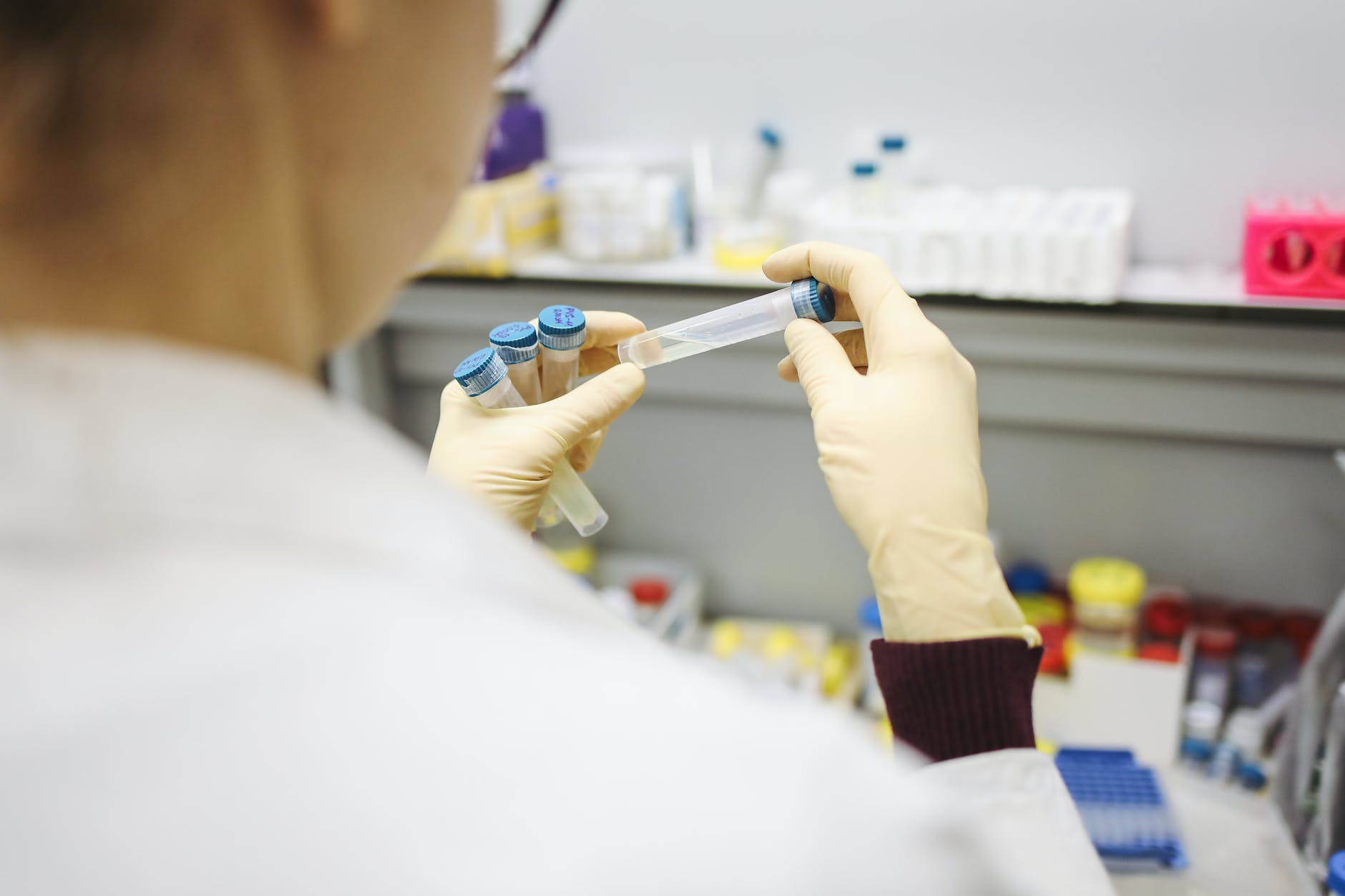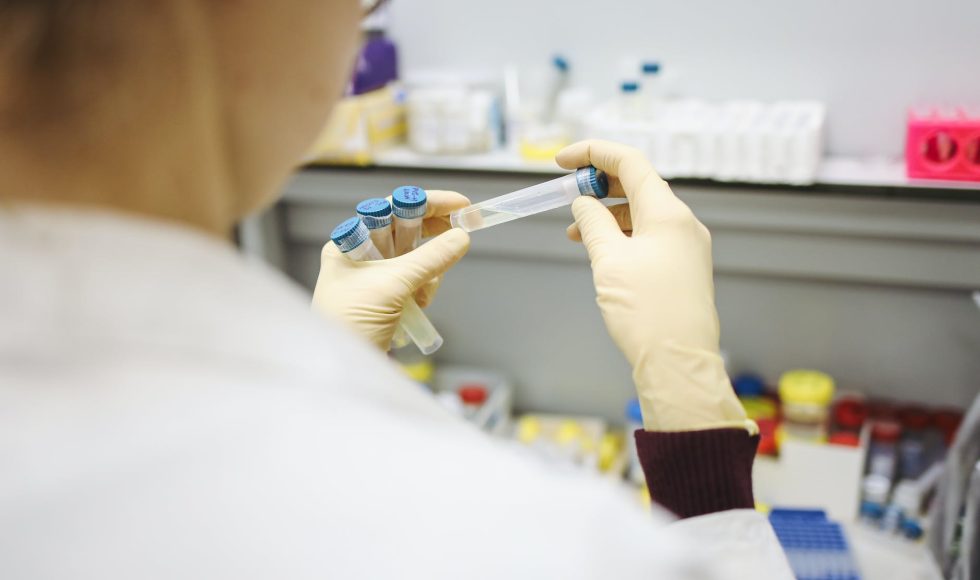Tonight I watched the Online with LSE Webinar with Dr. Laura Diaz-Martinez. This session was in late fall 2021. It was moderated by Dr. Tissyana Camacho, and Assistant Professor of Child and Adolescent Development at California State University. Dr. Diaz-Martinez is an Assistant Professor of Biology at Gonzaga and was my NSF ENCOUR pod mentor! The title of this session was “Integrating Responsible and Ethical Conduct of Research Education Into Undergrad Research Experience.” This work was part of the Ethics Network for Course-based Opportunities in Undergraduate Research (ENCOUR) with PIs Jeff Olimpo, Laura Diaz-Martinez, and Christina D’Arcy. ENCOUR has the goal of advancing responsible and ethical conduct of research (RECR) in course-based undergraduate research experiences (CUREs). The study Diaz-Martinez described had the research questions:
- To what extent, if at all, is RECR instruction included in CUREs?
- What are the approaches used for RECR instruction in CUREs?
- What RECR issues are most commonly encountered by CURE facilitators?
- What RECR topics are most commonly addressed by CURE facillitators?
- How is the effectiveness of RECR education in CUREs assessed?
- What are the needs of the CURE community with respect to achieving effective integration of RECR education within CUREs?
Diaz-Martinez described the approach as a mixed-methods approach beginning with a national survey with 66 responses. After that, 13 semi-structured interviews were conducted. The research team noted that most instructors addressed RECR topics in their CUREs including lab safety and ethical & responsible research design. Diaz-Martinez did mention that most instructors focus on experimental aspects of RECR. The instructional approaches varied, thought most used the lab experiment/research context. Some used case studies. However, Diaz-Martinez highlighted that 76% of respondents do not conduct any assessment for RECR topics. The team also asked the instructors surveyed about the benefits of RECR education in CUREs. Instructors mostly noted understanding the process of science and professional advancement. Trust in science was noted by 38% of respondents. Instructors surveyed mentioned that time was a barrier along with lack of materials or resources to integrate RECR in CUREs. The biggest need noted by instructors was a toolkit (92%) along with guidelines (62%), central RECR hub (54%), professional development (38%) and emphasis on DEI (8%). The results of this survey emphasized the need of tool and professional development… and this resulted in the ENCOUR Fellowship! This yearlong mentored experience helps instructors create and evaluate RECR topics in CUREs. Diaz-Martinez spoke about her trajectory in cellular biology and then after a postdoc, an administrative job with the office of undergraduate research at UTEP. The discussion session included considerations of diversity, equity, and inclusion in RECR training. Diaz-Martinez talked about assessments not available for some of the groups of students taking CUREs. For example, assessment of RECR in introductory biology CUREs may be very different from other CUREs. I am glad they discussed open science and open datasets! This is part of conversations Diaz-Martinez thinks we should have with students and the responsibility of sharing datasets openly. Diaz-Martinez spoke about the projects and studies they are doing to develop RECR materials and assessments.



